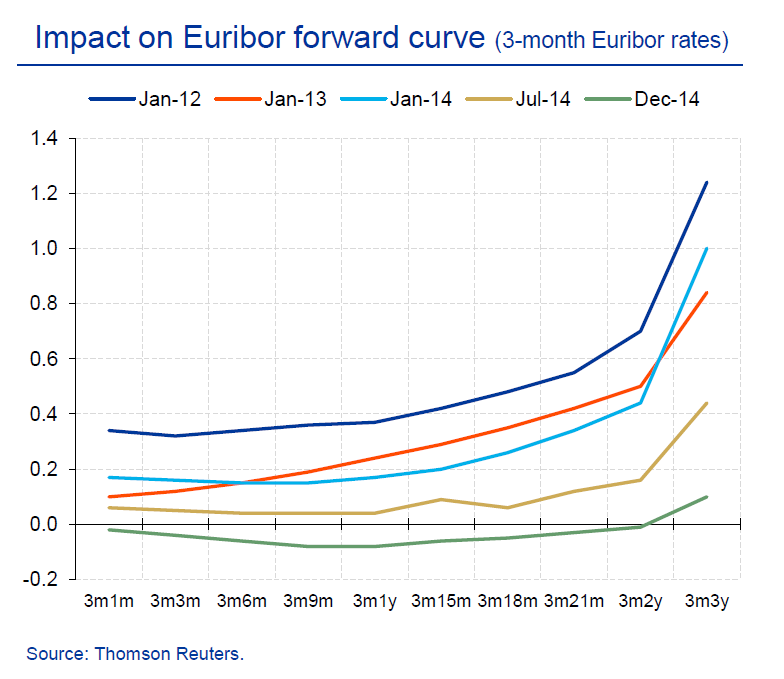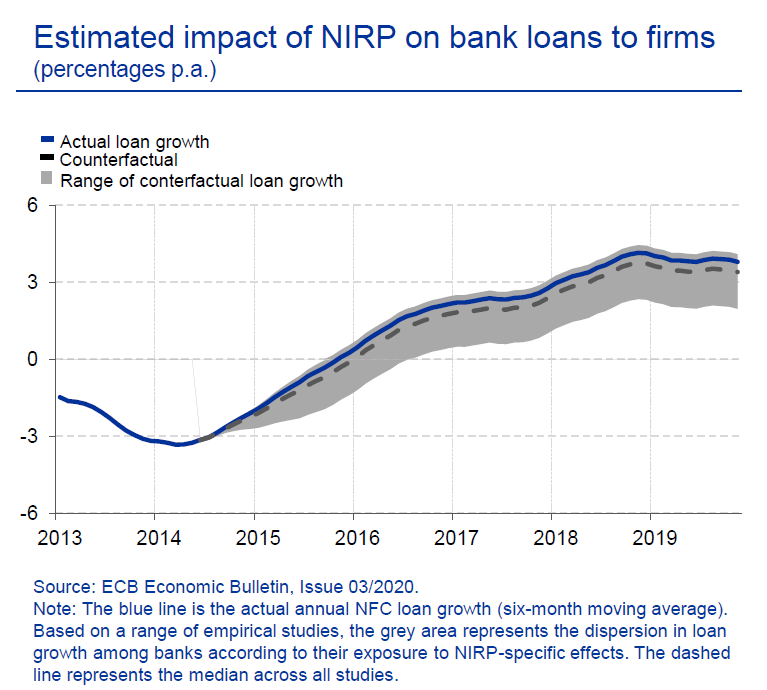
In an interview with @derspiegel, conducted by @Bartz70Tim & @KaiserSte, I talk about recent inflation developments, monetary and fiscal policy in the pandemic, the @ecb’s role in combating climate change and financial stability. Below you find some key messages. 1/14
https://twitter.com/ecb/status/1380401551961944064
As we are still far from reaching our inflation aim of below, but close to, 2%, a sustainable rise of inflation in the direction of 2% would be good news. That would mean that the economy is gaining momentum and aggregate demand is increasing. 2/14
However, inflation is currently rising on the back of many one-off effects, like base effects in oil prices and the VAT rise in Germany. Our projections show that the rate of inflation will ease again in 2022, because aggregate demand will presumably remain weak. 3/14
Perceived inflation tends to be higher than measured inflation. It is heavily influenced by goods that we consume more frequently. And the measurement of inflation only captures an average, it does not reflect an individual’s pattern of consumption. 4/14
The underlying basket encompasses the goods that people actually consume. It is not the ECB that decides on its composition but the European statistical authority @EU_Eurostat. A discussion is ongoing whether and how costs of owner-occupied housing could be included. 5/14
Besides ramping up vaccinations, it is crucial for Europe to give a strong fiscal response, in the form of the EU recovery fund amounting to €750 billion. Funds should be used efficiently to make Europe permanently more competitive, more digital and greener. 6/14
It is not up to me to comment on the German Constitutional Court. But it would be an economic disaster for Europe if the disbursement of the funds were to be delayed indefinitely. 7/14
The ECB is one of the most independent central banks in the world, it is only bound by its price stability mandate. The best protection against fiscal dominance is good fiscal policy. Higher public debt is sensible so long as the spending sustainably boosts economic growth. 8/14
We are not allowed to finance states and we cannot promise any government that interest rates will remain low forever. But it will be some time before interest rates start rising again significantly. What really matters is that the European economy takes off again. 9/14
The ECB does not pursue climate policy. But we are obliged to take climate change into account because it has an impact on the economy and on price stability. Moreover, the ECB is required to support the EU’s economic policy in which climate protection plays a leading role. 10/14
We are closely monitoring financial market developments. High share valuations in the euro area are still justified by higher earnings expectations. But the risks of a correction are increasing, especially if the economic recovery falls short of expectations. 11/14
The failure of Archegos Capital Management shows that there are considerable gaps in the regulation of funds because it is predominantly geared towards protecting investors. It is a warning signal that there are considerable systemic risks in the non-bank financial sector. 12/14
Bitcoin does not fulfil the basic properties of money. It is a speculative asset without any recognisable fundamental value and is subject to massive price swings. Trust in cryptocurrencies might rapidly evaporate, causing disruption in financials markets. 13/14
In order to introduce a digital euro, a great deal of preparatory work needs to be done to enable the project to be properly set up. No other institution can offer a similar degree of security and data protection as the ECB. 14/14
• • •
Missing some Tweet in this thread? You can try to
force a refresh







